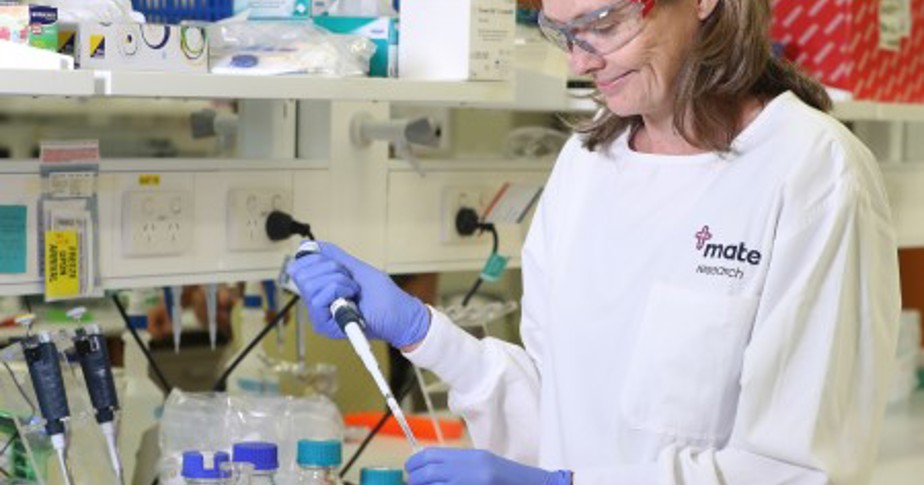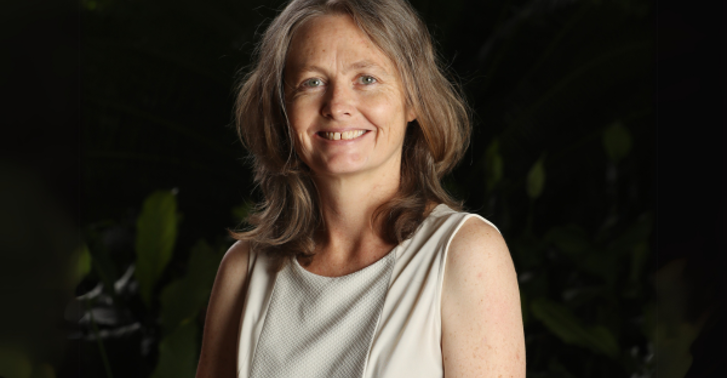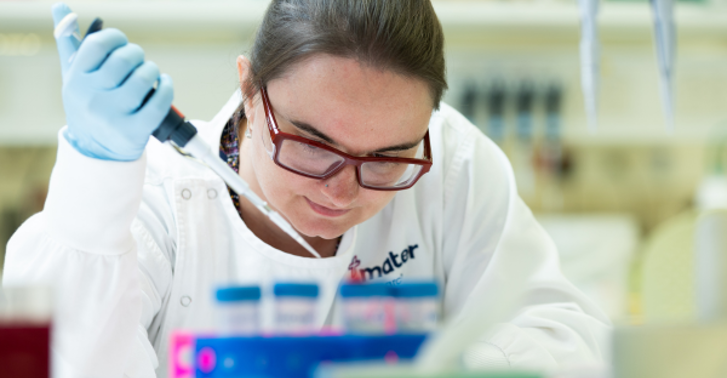
Young Australians are at risk of unknowingly developing liver disease due to overeating and drinking too much alcohol, warns Mater Research Senior Fellow Dr Katharine Irvine.
One in four Australians will have liver disease, according to data from Hepatitis Queensland, with many sufferers showing no signs or symptoms until later in life.
Shining the spotlight on World Hepatitis Day (28 July), Dr Irvine said unhealthy diet habits acquired during COVID-19 social isolation lockdowns and working from home could have serious long-term consequences.
“It is important for people who may have become too close to their fridge as a result of COVID-19 to reconsider their lifestyle choices,” Dr Irvine said.
“Obesity-related liver disease is a huge and growing problem, and alcohol-related liver disease remains a significant issue.
“As the only cure is a liver transplant there is a high risk of morbidity and mortality. These people risk becoming frequent flyers in the hospital system in later life.
“Lifestyle modifications are the only way of preventing these causes of liver disease, so people need to be mindful of their liver health.”
Hepatitis, which causes liver disease, is an inflammation of the liver. It can be caused by harmful consumption of alcohol, drugs, medications, chronic hepatitis viral infection, or autoimmune conditions.
Dr Irvine said “great research progress” had been made in the last decade with the development of a direct-acting antiviral drug that cures hepatitis caused by chronic hepatitis C infection.
Mater Research is also currently working to develop new approaches to treating obesity-related liver disease, and to improve identification of people in primary care at risk of developing liver disease, including better biomarkers of disease progression.
Mater Health Chronic Disease Hepatology Nurse Practitioner Burglind Liddle said creating awareness around liver health, and the impacts it has on wellbeing, was important in fighting the disease.
Ms Liddle said it had been established that many young people consumed excessive junk food and alcohol while working from home during pandemic lockdowns – but making healthier choices could reduce their risk of liver disease in the future.
“Liver disease affects a large number of young people, but eating a balanced diet, exercising regularly, getting tested for hepatitis, and using alcohol responsibly could lower their chances of liver disease,” she said.
“These are prevention mechanisms. Rest, sleep and regular check-ups with your GP are also important,” she said.
Ms Liddle said the “silent epidemic” comes at quite a large cost to Australians, with lifestyle choices being the main contributor to liver disease.
“Some people may not realise that liver disease can greatly increase the risk of cardiac issues, diabetes and strokes too,” Ms Liddle said.
Dr Irvine said research into liver disease was necessary to limit its human and financial costs for future generations.
“If we don’t do anything now it will impact personal health, it will become our major challenge for our health industry to have to adapt to and become a bigger cost to our health budget,” she said.



